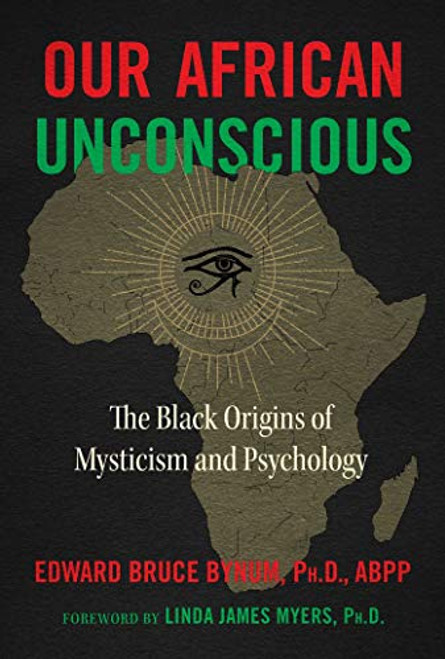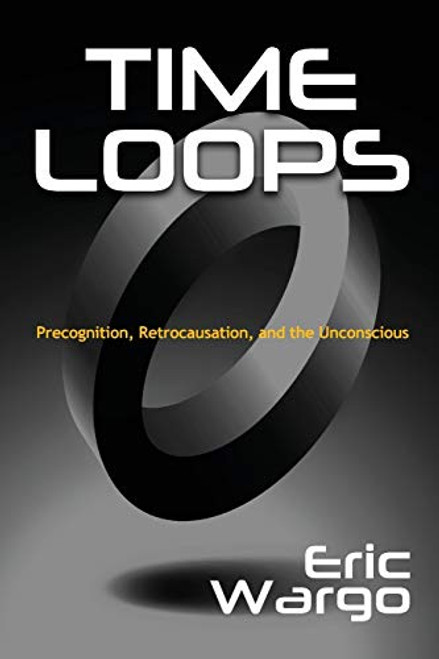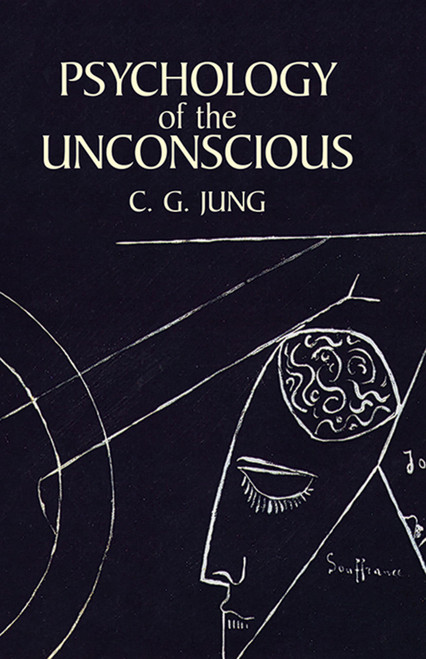In this, his most famous and influential work, Carl Jung made a dramatic break from the psychoanalytic tradition established by his mentor, Sigmund Freud. Rather than focusing on psychopathology and its symptoms, the Swiss psychiatrist studied dreams, mythology, and literature to define the universal patterns of the psyche. In Psychology of the Unconscious, Jung seeks a symbolic meaning and purpose behind a given set of symptoms, placing them within the larger context of the psyche. The 1912 text examines the fantasies of a patient whose poetic and vivid mental images helped Jung redefine libido as psychic energy, arising from the unconscious and manifesting itself consciously in symbolic form. Jung's commentary on his patient's fantasies offers a complex study of symbolic psychiatry and foreshadows his development of the theory of collective unconscious and its constituents, the archetypes. The author's role in the development of analytical psychology, a therapeutic process that promotes creativity and psychological development, makes this landmark in psychoanalytic methodology required reading for students and others interested in the practice and process of psychology.
Psychology of the Unconscious
Dover Publications
MSRP:
Was:
Now:
$29.72 - $35.99
(You save
)
- SKU:
- UPC:
- 9780486424996
- Maximum Purchase:
- 2 units
- Binding:
- Paperback
- Publication Date:
- 1/27/2003
- Release Date:
- 1/27/2003
- Author:
- Jung, C. G.
- Language:
- English: Published; English: Original Language; English
- Pages:
- 624

Our African Unconscious: The Black Origins of Mysticism and Psychology
MSRP:
Was:
Now:
$24.30 - $29.00

Sigmund Freud
Jokes and Their Relation to the Unconscious (The Standard Edition) (Complete Psychological Works of Sigmund Freud)
MSRP:
Was:
Now:
$12.73 - $31.73

Brand: Viking Adult
Gut Feelings: The Intelligence of the Unconscious
MSRP:
Was:
Now:
$12.12 - $41.24

Anomalist Books
Time Loops: Precognition, Retrocausation, and the Unconscious
MSRP:
Was:
Now:
$31.49 - $35.54

Gerald Alper
The Elephant in the Room-The Denial of the Unconscious Mind
MSRP:
Was:
Now:
$33.38 - $39.29

The Murmuring Deep: Reflections on the Biblical Unconscious
MSRP:
Was:
Now:
$14.52 - $31.27

Brand: Hill and Wang
Cracking Up: The Work of Unconscious Experience
MSRP:
Was:
Now:
$19.66 - $37.56
!



